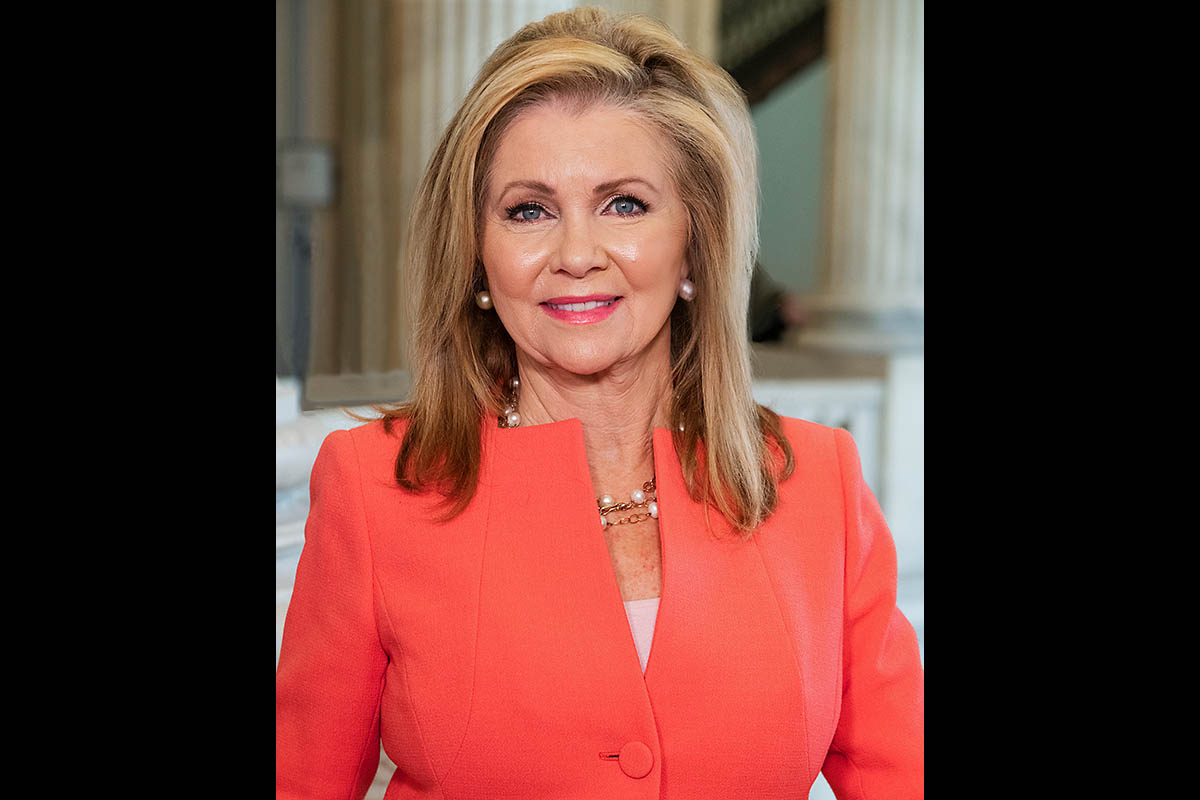



The global music tourism market is experiencing significant growth, projected to increase from $6.5 billion in 2023 to $15.2 billion by 2033, reflecting a compound annual growth rate (CAGR) of 8.9%. This surge is largely driven by international music events, which generated 65% of total revenue in 2023, with major festivals like Tomorrowland, Coachella, and Glastonbury leading the charge. Notably, music festivals alone accounted for 50% of the market, exemplified by the Donauinselfest in Vienna, which attracted 1.2 million visitors. [a4abf91d]
In the United States, the Senate Commerce, Science, and Transportation Committee has passed the bipartisan American Music Tourism Act, introduced by Senators Marsha Blackburn (R-Tenn.) and John Hickenlooper (D-Colo.), on August 23, 2024. This legislation aims to bolster music tourism by promoting music venues across the country, with projections indicating that the music tourism market could reach $11.3 billion by 2032. The act mandates that the Assistant Secretary for Travel and Tourism at the Commerce Department promote musical sites and report to Congress on tourism goals. [8c0e701b]
Additionally, U.S. Representative Maxwell Alejandro Frost has introduced the CREATE Art Act, which seeks to support emerging artists through grants for instruments, studio time, marketing, and travel. This initiative, endorsed by organizations like the Recording Academy, is viewed as a vital investment in the arts that can stimulate local economies. [0196e757]
Furthermore, the STAGE Act has been proposed by Democrats, which aims to allocate $1 billion annually to support community theaters and the arts industry. This funding is intended to help theaters cover operational costs and attract new audiences, especially in the wake of the pandemic. While supporters argue for its necessity, critics have raised concerns about taxpayer funding for struggling arts organizations. [e48ac21f]
The Recording Industry Association of America (RIAA) recently reported that the music industry contributed $212 billion to the U.S. GDP, supporting approximately 2.5 million jobs. California leads in economic contributions at $51.4 billion, followed by Texas and New York. This report highlights the resilience of the music sector, particularly in the context of economic recovery post-COVID-19. [d2643ec5]
Globally, the UK welcomed 14.4 million music tourists in 2022, contributing £6.6 billion to the economy. North America holds 34.6% of the music tourism market share, driven by its diverse musical offerings and iconic events. Meanwhile, Europe remains a festival hub, while Asia Pacific and Latin America are emerging as significant markets. The majority of music tourists are young adults aged 18 to 34, indicating a youthful appeal that continues to drive the industry's growth. [a4abf91d]